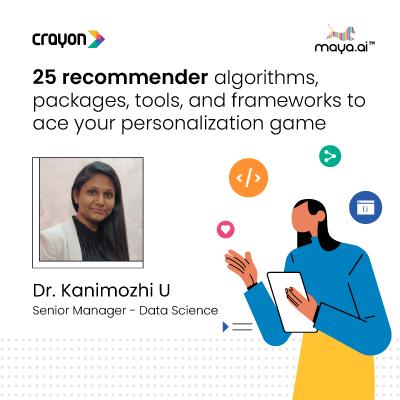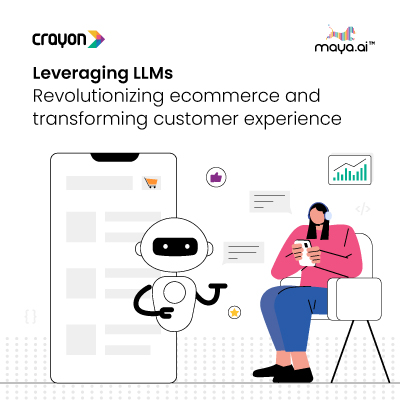Today’s travellers want to travel the world in just one way – their own way.
They want to:
1. put together their own unique travel experiences: the average traveler uses more than 10 sources at any step of the travel journey / booking cycle
2. tap into inspiration from other travellers: 27% of hotel bookings are determined by recommendations
3. and then share their own travel plans with friends / social networks: 80% of travellers access flight & hotel content on their mobile before, during & after their trip.
That’s how they see the future of travel.
Travel & Hospitality companies need to cater to the unique set of expectations, behaviours and preferences of the next rising wave of consumers, in what they want and how they want it and this extends to their travel experiences. Customisation is Key, as explored in the Amadeus report, Trending with the NextGen Travelers. This NextGen traveler expects an a la carte menu of logistics, amenities and activities when planning their trip to create a highly personalised experience. They value a distinctive experience that aligns with their individual identity and to display on social media. They seek a stimulating “touch and feel” environment that still takes them to a different world. In addition to taking a customised trip, these travellers expect travel brands to provide them with personalised content, from airfare, accommodations and beyond. For travel brands, along with price and value considerations, this personalised interaction is key to relationship building and increases the likelihood that the traveler will return on their next trip.
What does this mean for Travel & Hospitality Companies?
1. Provide a truly private, “private sale”: The marketplace is flooded with promotions, deals, and ‘flash’ sale brands that tout discounts with no context of whether an individual would be interested in the product. Simplifying consumer choices to specific consumers, offering products that are actually relevant for the buyer will be the key to capturing the guest.
2. Leverage “Cumulative intelligence”: With hundreds of options, online shoppers are overloaded. Eventually, advanced algorithms will learn from an individual´s behavior over time by observing and aggregating common patterns at an aggregate level, anonymising individual information to achieve a delicate balance between privacy & personalisation.
3. Its the age of the virtual private assistant: Devices are becoming smarter and more connected than ever. They provide critical information as to the context, location and device of the consumer to recognise and process inputs from the sites consumers visit and what they do on them, acting as an assistant on the consumer´s behalf.

25 Recommender Algorithms, Packages, Tools, and Frameworks: Your Gateway to Exploring Personalized Recommendations
In...



















